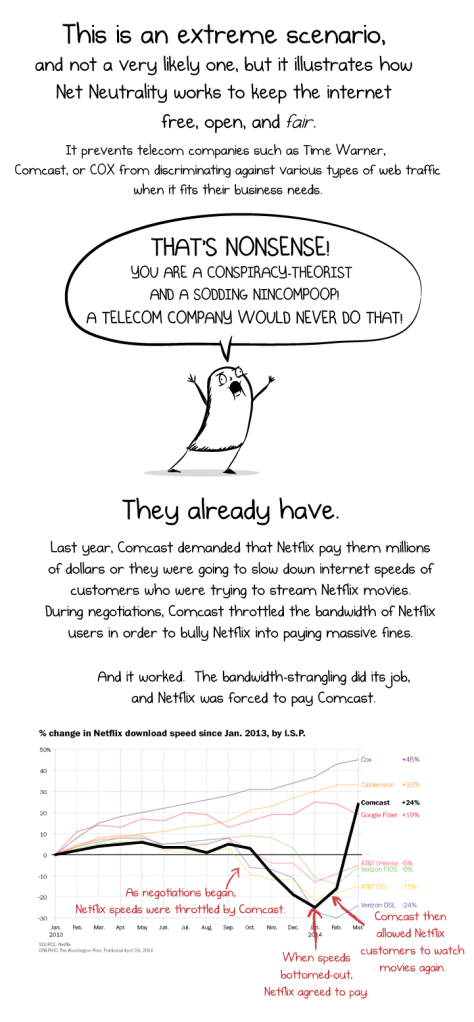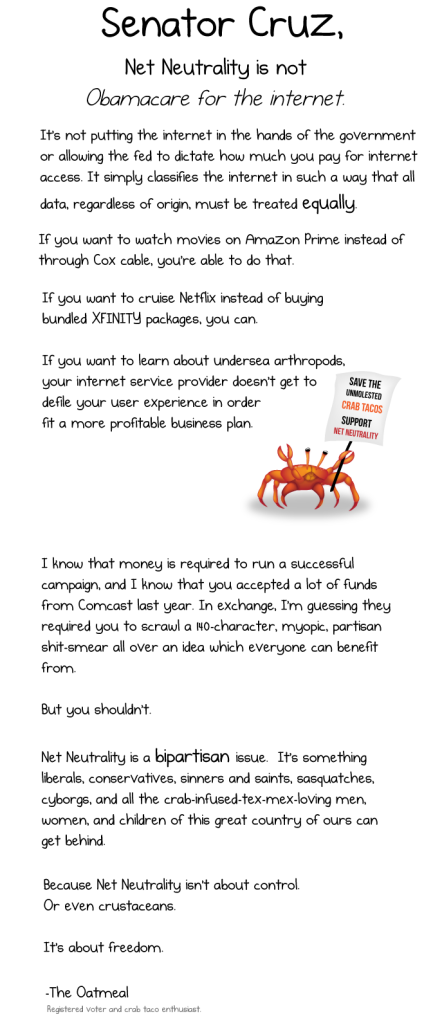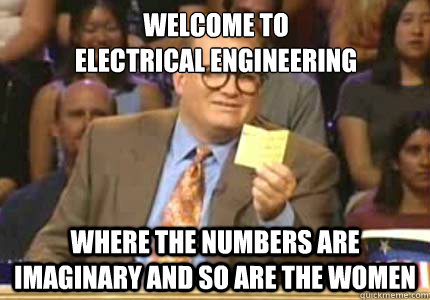From the readings, what is artificial intelligence and how is it similar or different from what you consider to be human intelligence?
- Are AlphaGo, Deep Blue, and Watson proof of the viability of artificial intelligence or are they just interesting tricks or gimmicks?
- Is the Turing Test a valid measure of intelligence or is the Chinese Room a good counter argument?
- Finally, could a computing system ever be considered a mind? Are humans just biological computers? What are the ethical implications are either idea?
Artificial intelligence is the stuff of sci-fi movies where robots take over the world. It refers to the intelligence of machines and non-living beings. Generally the difference between the two is the ability of humans to learn from their surroundings and from social cues and from history to make decisions and assumptions, while computers are known to only be able to use the information immediately before them or the inputs they can interpret. But that is changing quickly, though it is still considered “weak AI” because it cannot interpret the way humans think or attempt to fully think independently. Though machines are moving closer to that, they cannot do that fully autonomously because it’s very hard to set specific rules that are easy for a human to identify, but difficult to interpret into code.
Machine learning is a way of getting computers to know things when they see them by producing for themselves the rules their programmers cannot specify. The machines do this with heavy-duty statistical analysis of lots and lots of data. (Rise of the Machines)
AlphaGo and Watson are two of the most advanced computers in the world today. Another Economist article points out how many moves are possible in AlphaGo—10170. With this many possibilities, strategy can’t be hardcoded into the machine if it’s expected to be successful. Therefore, the program has to be “smart” and learn from its opponent and other games and continue to develop its database of knowledge and not stay stagnant. That’s what Watson also has going for it—it recognizes trends in large amounts of data. And can materialize that information in milliseconds.
What I really like about the Turing Test is that it’s not saying that a machine is a human, but it’s saying that machines can eventually be programmed to be smart enough to respond like humans. That after 5 minutes of questioning, 70% of the time, the interrogator (X) will not be able to tell if the subjects are a person or a computer. And I think that where we are in the advancements of computers and AI, that this is a fair statement. Obviously the most intelligent computers still have a long way to go before they’re even close to imitating a human brain, but they’re much farther along than the first computers were. But the difference between the first computers to the computer that I’m writing this post on is comparable to the huge leaps in advancement seen from the modern computer to Watson or AlphaGo. This clip from The Imitation Game, about Alan Turing, the inventor of the Turing Test explains his test.
Computers attempt to mimic the human mind and to make the connections that the human mind does. But even after all our advances in science and the study of the brain, there is still so much that we don’t know about it. Like thoughts for example—there is still no scientific understanding of thoughts because there is no way to physically recreate them in a brain. And though computers can mimic the synapses and neurons in the brain, as they’ve done with a rat brain, but this modeling is nowhere near as complex as the human brain is. And that is where I don’t think that computers will ever reach the same level as the human brain. Because the human brain is still such a mystery to us and so vast and beyond our control—created by God in a way that we cannot comprehend. And the key part of the human brain is that it learns and understands and thinks and develops, from the day we’re born to the day we die, in a way that a computer might approach but I don’t think will ever quite reach. Though, after seeing the movie Bicentennial Man, I do feel for the main character, a robot named Andrew, and can only hope that one day he becomes human too.



